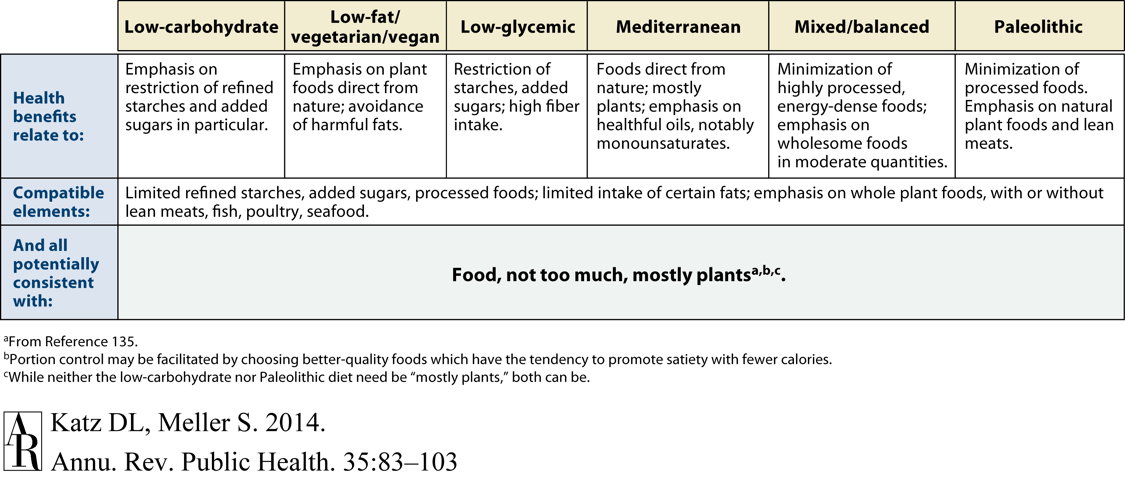
How is a person to make sense of the conflicting nutrition messages they read and hear about each day? I could blame no one for throwing their hands up in despair, proclaiming that all nutrition health messages are bunkum because they are always changing. But digging deeper, the basic fundamentals have never really changed. Despite a never-ending stream of sensationalist fad diets, there are common themes that overlap across all of the popular diets – themes that give you the keys to long-term health in a simple-to-understand message to arrive at the answer to the question of what is the best diet for health?
Carbohydrates cause weight gain. Fat causes weight gain. We are designed to eat like our Palaeolithic ancestors. Glycaemic index is the key to health. Intermittent fasting is the best way to lose weight. Sugar and grains are toxic. Saturated fat is bad for you, no wait, now it’s good for you.
The above is just a selection of some of the popular nutrition messages you have likely heard over the last few years. Some of those messages unfortunately use a heavy dose of selective science viewing and are influenced by a good helping of commercial vested interests.
I am beyond the point of tired in wanting to debate the merits of any one particular diet over another. Nutrition is not always an exact science and we don’t always have the best quality evidence to support recommendations.
But nutrition scientists and people behind the construction of public health nutrition recommendations are not evil people who seek out to confuse and mislead the public. Such work is done in the context of seeking out all of the available evidence and attempting to see what side of the health ledger the evidence tips. Evidence that does change over time.
Proclaiming what diet is best is not unlike a multi-faith religious zealots convention arguing over whose God is the one true God. A religious argument that no one can win, and only serves to create antagonism to those who exist outside of the church which owns the ‘true’ God (read: diet philosophy). Perhaps it is only the atheist who can stand back and see that collectively, everyone is wrong to a degree.
Proclaiming what diet is best is not unlike a multi-faith religious zealots convention arguing over whose God is the one true God.
Putting a heavy dose of some much needed sense into the mostly pointless ‘whose way of eating is best’ argument, a review paper has made a real effort in trying to answer the almost impossible question of what is ‘the’ best diet for health. With little agenda of their own, the authors looked at the defining characteristics and rationale behind all of the ‘diet religions’ you would likely come across.
And here is the key summary of all the analysis taken straight from the paper available free online
Amazing, after distilling down all of those seemingly at odds nutrition messages, there was in fact a lot of common ground. There is no one best diet for health, but a theme that can be copied and individualised.
A dietary pattern that is made up of mostly unprocessed plant foods and which is low in highly processed foods and sugar consistently comes out on top in offering the best long-term health. There is no one food or food group that deserves demonising. A dietary pattern is a flexible way of eating, not a set of rules that has to be followed to the letter of the law.
Perhaps there is hope after all for the world’s diet religions to get along?
Get the basics right and you can hit the snooze button on needing to ever again pay attention to anything you ever read or hear in the media or from populist diet book gurus.


Mike-Truelifefitness says
Getting an understanding and even trying to sample of of these diets will help give individuals a better perspective. They`ll be able to see which one may be effective and they`ll be able to form something that works well for them.